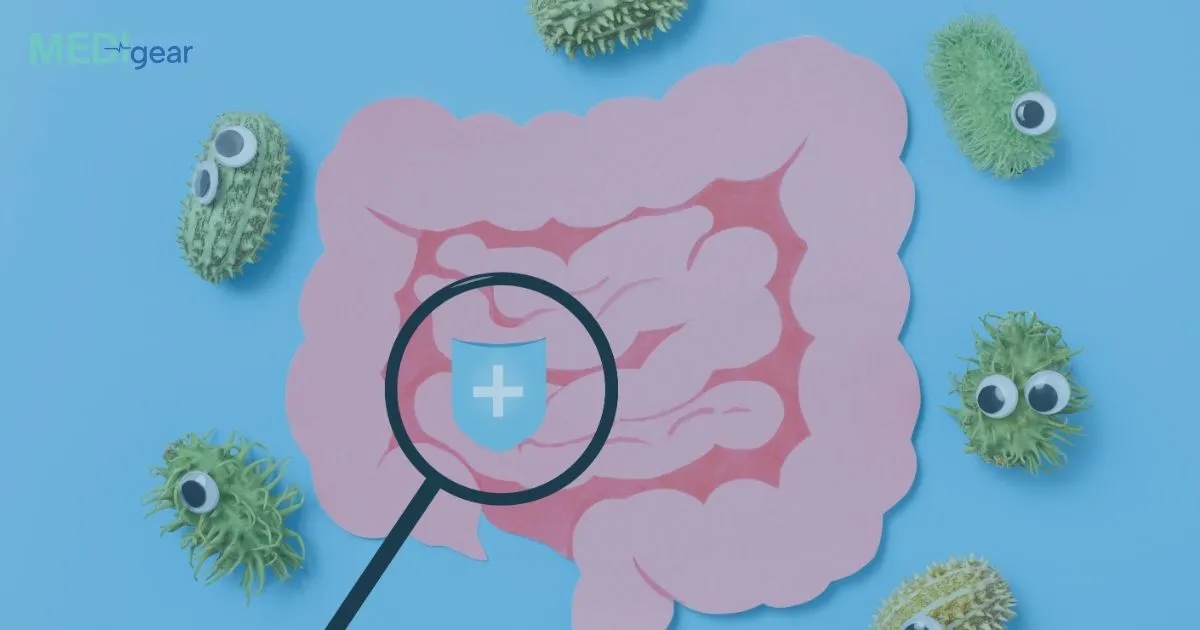Hearing loss is one of the most common sensory impairments worldwide, affecting people of all ages. It not only makes communication difficult but also impacts social interaction, mental health, and overall well-being. Modern hearing aids are more advanced than ever before, offering solutions that go beyond just amplifying sound. They play a vital role in improving the quality of life for individuals with hearing difficulties.
Restoring Communication
One of the primary benefits of hearing aids is the ability to improve communication. By amplifying speech and reducing background noise, hearing aids allow users to engage in conversations more confidently, whether at home, work, or social gatherings. This reduces misunderstandings and promotes stronger personal and professional relationships.
Enhancing Cognitive Health
Studies show that untreated hearing loss is linked to cognitive decline and an increased risk of dementia. Hearing aids help reduce the strain on the brain by making sounds clearer, allowing individuals to focus on comprehension rather than constantly struggling to hear. This mental relief helps maintain cognitive function and overall brain health.
Boosting Emotional Well-Being
Hearing difficulties often lead to feelings of isolation, frustration, or depression. By restoring the ability to hear everyday sounds—such as voices, music, and nature—hearing aids help reduce social withdrawal and improve emotional well-being. Users often report feeling more confident, connected, and independent.
Improving Safety and Awareness
Hearing is essential for safety in daily life. From hearing alarms and sirens to detecting approaching vehicles, hearing aids improve situational awareness and reduce the risk of accidents. This sense of safety contributes significantly to peace of mind and independence.
Supporting Professional and Academic Success
For those in work or education, untreated hearing loss can make following discussions, meetings, or lectures difficult. Hearing aids provide clarity, making it easier to perform effectively and remain engaged. This support enhances productivity, learning, and career development.
Access to Modern Features
Modern hearing aids are equipped with advanced technologies, including:
- Noise reduction and directional microphones
- Wireless connectivity to smartphones and devices
- Rechargeable batteries for convenience
- AI-based sound adjustment tailored to environments
These features make hearing aids not only practical but also lifestyle-friendly.
Long-Term Benefits
By addressing hearing loss early and consistently, hearing aids can improve quality of life in the long term. They help prevent complications related to social isolation, maintain mental health, and ensure users stay active and engaged in their communities.
Disclaimer: This blog post is for informational purposes only and should not be taken as medical advice. For proper diagnosis and treatment of hearing loss, consult a qualified audiologist or healthcare professional.






